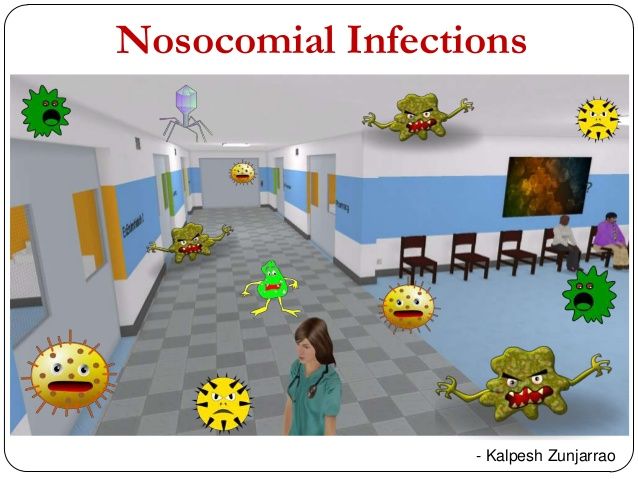
Question: Nosocomial means:
- acquired during hospitalization
- acquired during travel
- cause unknown
If you chose acquired during hospitalization you are correct.
Nosocomial infections are infections patients acquire while receiving treatment in a hospital or other healthcare facilities. Today the term is used interchangeably with hospital-acquired infection or healthcare-associated infection (HAI).
According to the Centers for Disease Control and Prevention (CDC) on any given day, about one in 25 hospital patients has at least one healthcare-associated infection.
The most common types of HAIs are sepsis, pneumonia, urinary tract infection, and surgical site infections caused by viral, bacterial, or fungal pathogens.
Why are Nosocomial Infections Emerging Now?
Today about 1 in 10 people admitted to a hospital will contract an HAI which results in morbidity, mortality, and increased cost.
Three contributing factors are:
- Excessive or improper use of antibiotics has lead to microbes that are now resistant to them.
- Failure of hospital personnel to adhere to infection control protocols. An example, in a rush to treat ICU patients who are in crisis, the protocol may be overlooked.
- Today the sickest patients are hospitalized, many with compromised immune systems thus more vulnerable to infection.
Takeaway
Unfortunately, the term nosocomial infection is still in use today although the contributing factors have changed throughout the centuries. In 2011, a report by the CDC estimated there were 722,000 HAIs in U.S. acute care hospitals. Additionally, about 75,000 patients with HAIs died during their hospitalizations.
In March 2009, the CDC reported the direct medical costs of healthcare-associated infections ranged from $28-45 billion.
Overall the incidents of nosocomial infections are declining because of preventive efforts by healthcare facilities. It is considered that much more preventive work is needed.
Interesting Bits of History
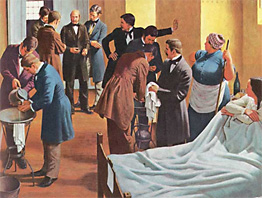 Modern infection control is grounded in the work of Ignaz Semmelweis, who in the 1840s demonstrated the importance of hand hygiene for controlling transmission of infection in hospitals.
Modern infection control is grounded in the work of Ignaz Semmelweis, who in the 1840s demonstrated the importance of hand hygiene for controlling transmission of infection in hospitals.
Semmelweis was a surgeon who worked in Vienna at the obstetrical clinic in 1848. He noticed that the infections (puerperal fever) rates for the obstetrical clinic run by the physicians were at least twice that of a second clinic run by midwives. Apparently, the doctors were teaching anatomy in the mornings in the postmortem area and then moving on to their operating duties without changing garments or washing their hands. The midwives, on the other hand, came straight from the home.
Semmelweis came up with the idea of hand washing and the use of an antiseptic solution for hands and surgical instruments for the physicians when they moved from the autopsy area to the operating theatre. This was certainly the idea of a crazy person.
He met great resistance. Within two years of his idea, he was forced to quit medicine altogether. In the end, he died in an asylum for the mentally unstable.
Edited from OPTIMUS Integrated Surgical Environment
Nosocomial (nos-o-KO-me-al) originated from the ancient term “nosokomeion” composed of the Greek “nososo” meaning disease and “komen” meaning to care for. At the time of its origin, there was not a hospital in the modern sense but a place set aside as a dwelling to care for the diseased.
Terms definitions from Exploring Medical Language, Edition 10.
Read other Featured Terms
Note: The Cry and the Covenant is a novel by Morton Thompson written in 1949. It is a fictionalized story of Ignaz Semmelweis, an Austrian-Hungarian physician known for his research into puerperal fever and his advances in medical hygiene.

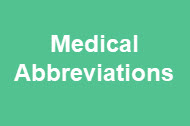
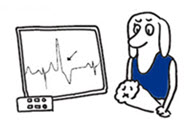
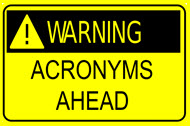


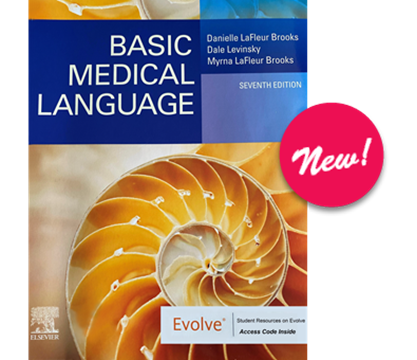
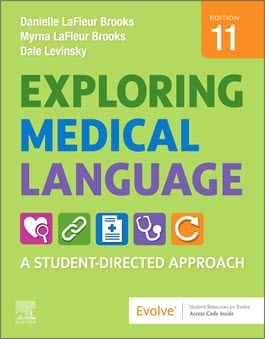
One Response
So well written! Thank you for the history.